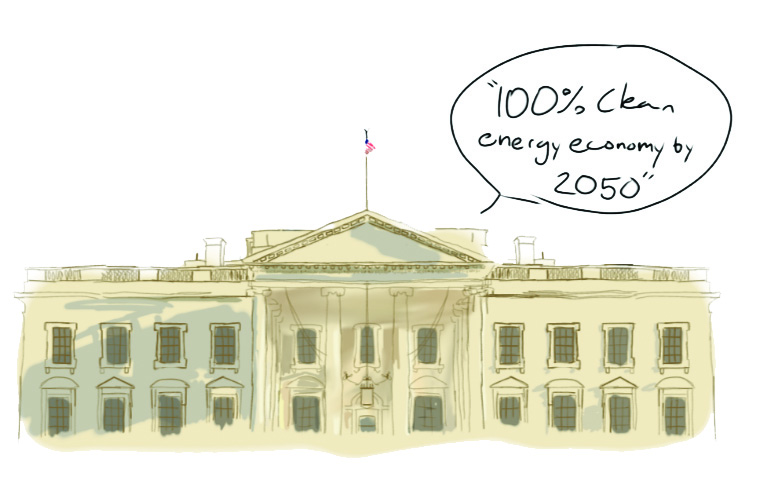Ethiopian Airlines Flight 302, a Boeing 737 MAX, crashed on March 10 six minutes after its takeoff from Addis Ababa, Ethiopia en route to Nairobi, Kenya. All 149 passengers and eight crew members were killed in the accident on the four month old aircraft.
As of publication, the cause of the aircraft’s crash is unknown, though an investigation is ongoing. Investigators have learned that the aircraft’s vertical speed after takeoff was reported to be unstable and that the plane may have been configured to a dive setting preceding the crash.
The crash follows another crash of a Boeing 737 MAX in Indonesia. On Oct. 29, 2018, Lion Air Flight 610 crashed into the Java Sea approximately 13 minutes after taking off from Jakarta, Indonesia en route to Pangkal Pinang, Indonesia. All 181 passengers and eight crew members onboard the aircraft died in the crash of the two month old aircraft.
Following the crash in Indonesia, Boeing issued an “Operations Manual Bulletin,” which advised airline operators how to adjust erroneous cockpit readings in the relatively new 737 MAX aircraft model, which was released by Boeing in May 2017. Boeing would not confirm
China became the first nation to suspend operations of the 737 MAX when, on March 11, it ordered all models grounded in response to the crashes in both Indonesia and Ethiopia. Individual airlines and aviation authorities across the world then joined China in suspending its operations over the next two days.
The United States Federal Aviation Administration becoming the last authority in the world to ground the model after Boeing personally recommended the action to the FAA. Boeing suspended deliveries of the 737 MAX to airlines on March 14, although production of the model has continued.
Some reports on the incidents have indicated that the Maneuvering Characteristics Augmentation System was involved in both of the crashes. Insufficient training for pilots in the 737 MAX’s new system may have been a key factor in the accidents.
The crashes of such a new airplane from a manufacturer that is as well known as Boeing has people frightened. Boeing stocks fell from $422.54 on March 8 to $378.99 on March 15, a drop which can be attributed to the crash of Ethiopian Airlines Flight 302.
The investigation will continue to look into both crashes. At the time of publication, France is investigating the black box recovered from Ethiopian Airlines Flight 302. The FAA is assisting in this investigation, but is also taking some heat for allowing Boeing to self-check its planes instead of performing the checks themselves.
Senior Alec Baines is an aerospace student at MTHS and recently won an award for outstanding achievement in innovation and science from the United States Air Force at the Central Sound Regional Science and Engineering Fair. Baines believes that, in the aftermath of the crash, it is essential that Boeing reestablish trust with airlines, pilots and passengers.
“As Boeing is pushing for more automation of its airplanes, the FAA has fewer checks on the process,” Baines said. “There’s a lot of distrust right now between [the airlines and Boeing], and I think Boeing needs to better communicate with both airlines and pilots about [the technology] they’ve added and how to turn it off.”
In the aftermath of the crash, many criticized the reluctance of the FAA to ground the 737 MAX, even as all of the world’s aviation authorities made the decision to ground the model. These criticisms have continued, even after the FAA made the decision to ground the planes on March 13. Baines, however, believes that the FAA was negligent in its certification of the 737 MAX and its reluctance to ground the aircraft.
“As Boeing gets more automated, you’re taking more and more control away from the pilots,” Baines said. “I think the FAA is hoping that Boeing is pushing to quickly fix any potential problems, and I think their reluctance to ground [the 737 MAX] after the crash was to avoid issues like delayed and canceled flights, which would cause a lot of turmoil in the transportation industry.”
Currently, the FBI is assisting federal aviation investigators with a federal grand jury probe looking into potential criminality on the part of Boeing and the FAA in the certification of the 737 MAX. On Tuesday, the Department of Transportation requested an audit of the process by which the 737 MAX was certified before its introduction.










